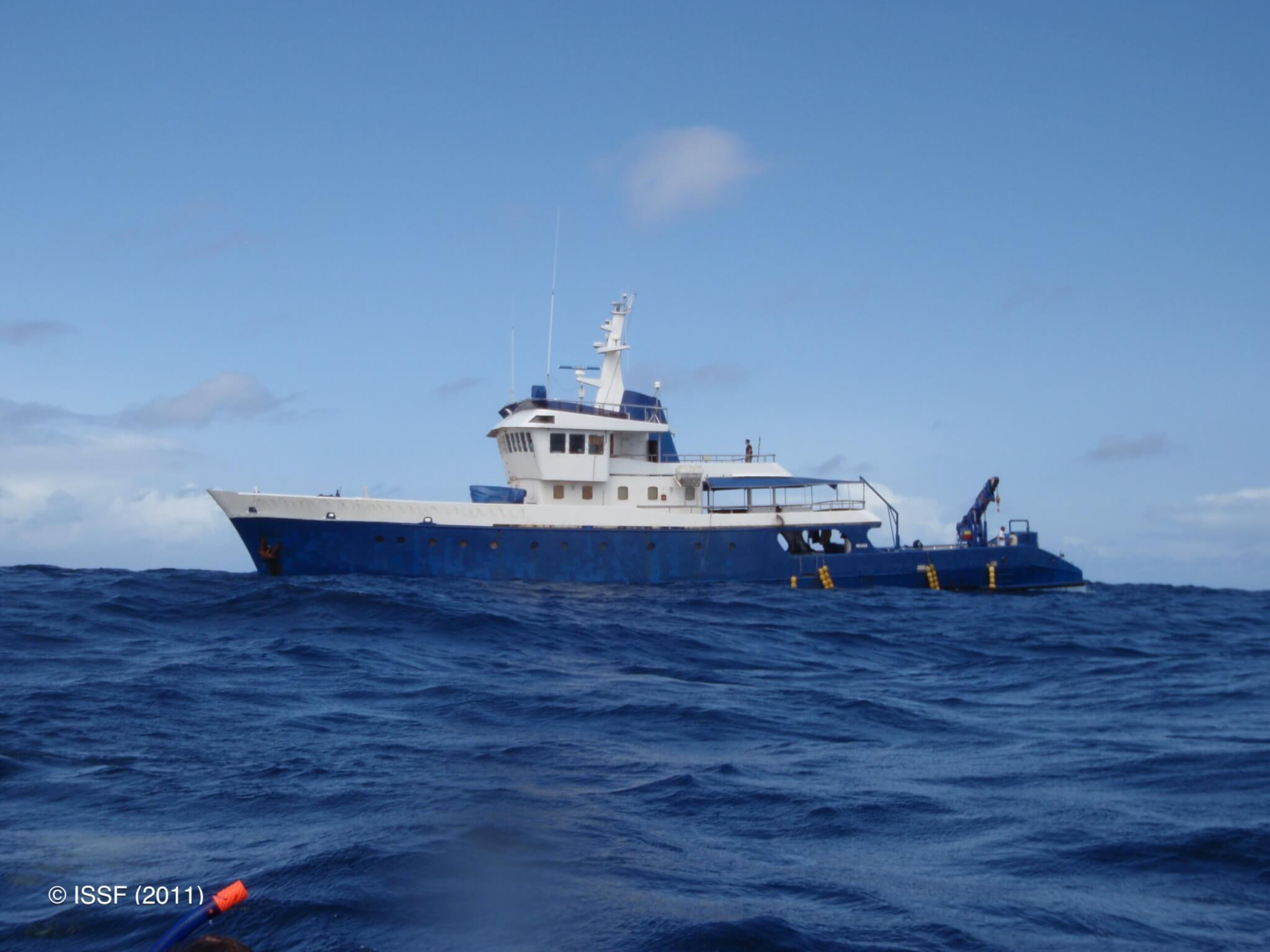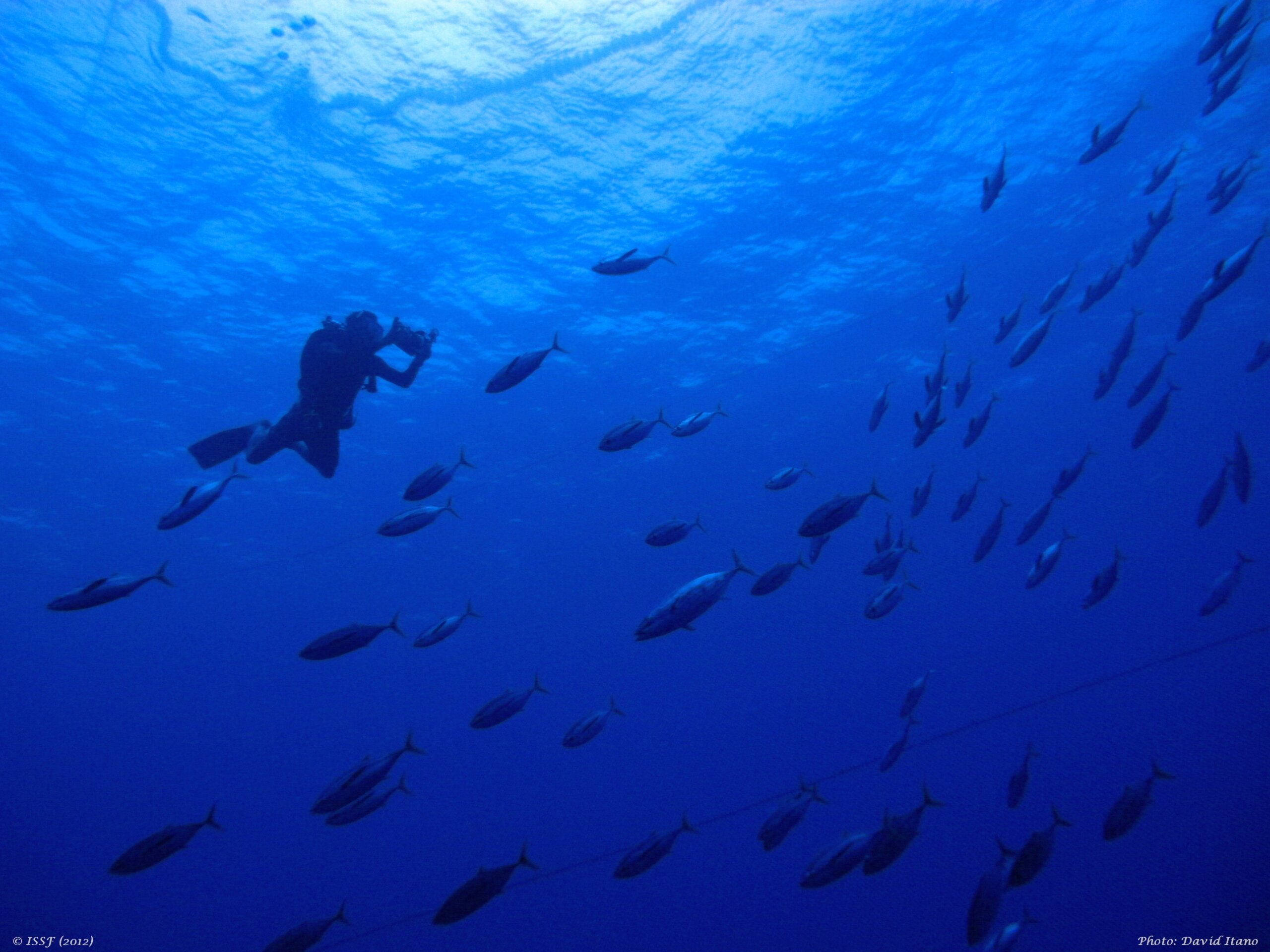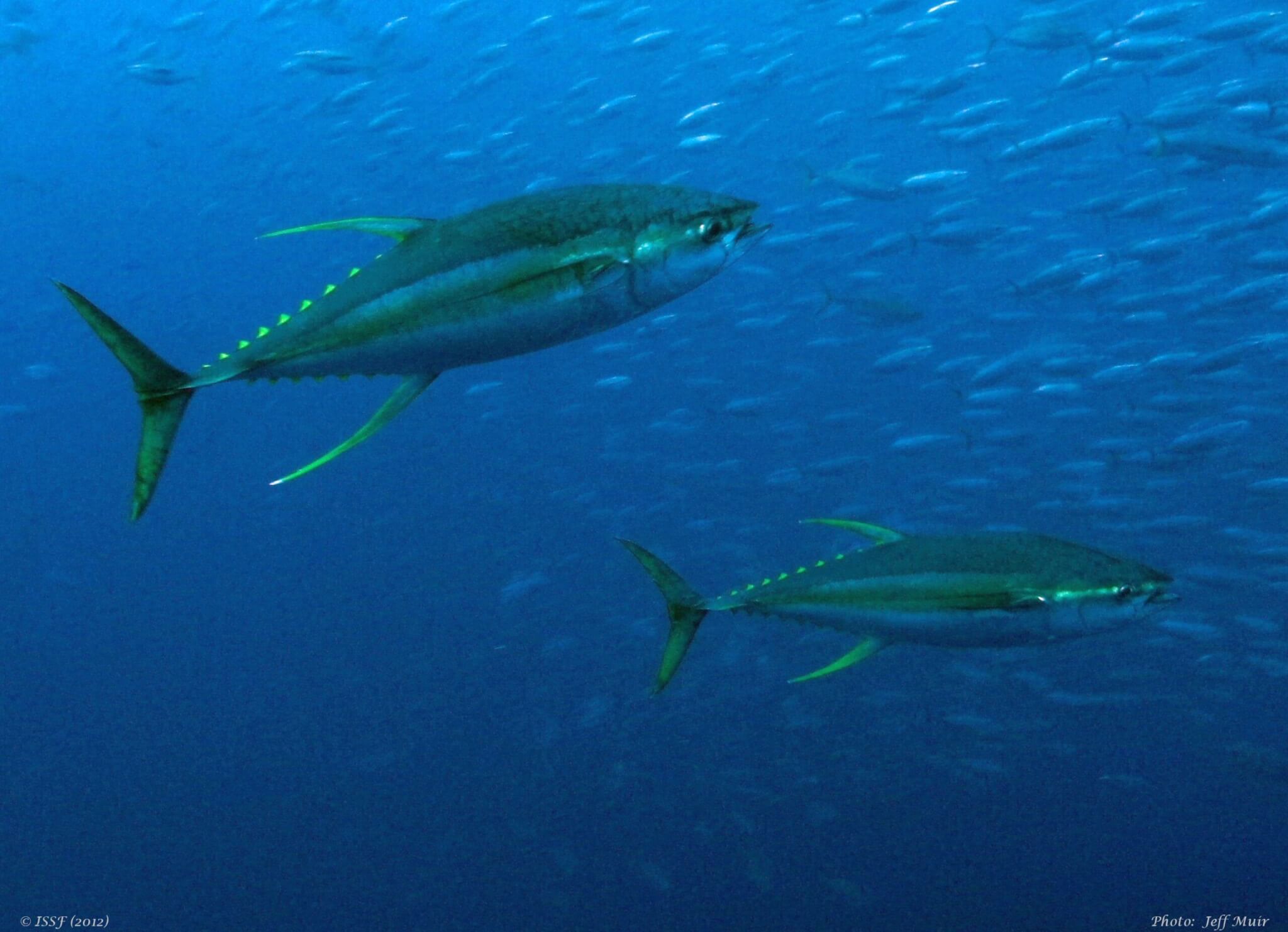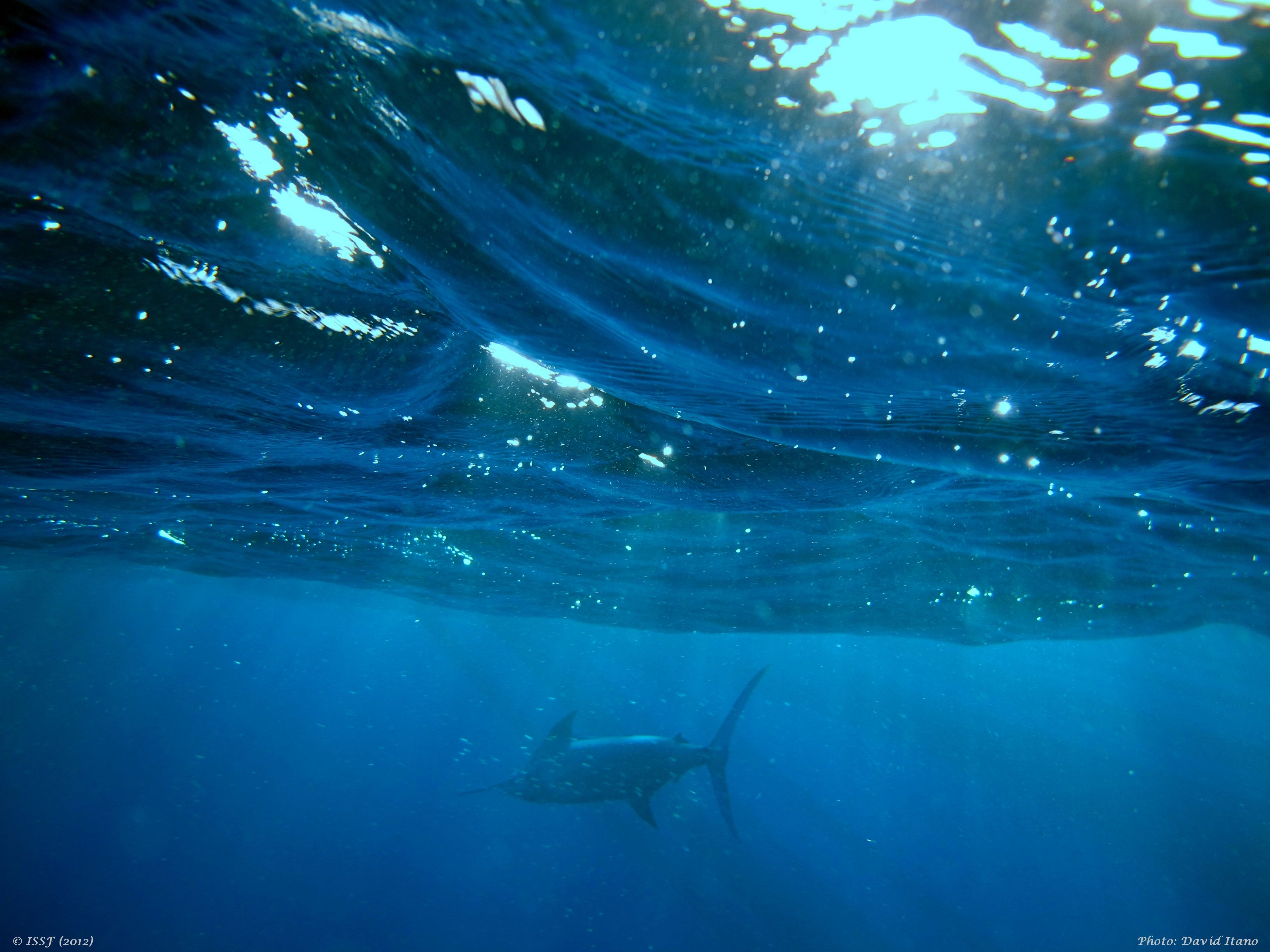
Taking Fisheries Monitoring to the Next Level: Electronic Monitoring in Ghana
Posted by Papa Kebe, Federico Iriarte and Gerald Scott
October 15, 2015
Through the use of modern technologies to better monitor fishing activity at sea, there can be many winners: existing observer program coverage can be complemented, data needed for both scientific and compliance purposes are collected, the Government of Ghana can improve monitoring and control and vessel owners can clearly observe what is happening aboard their boats.
That’s why we are borderline giddy about our recent progress on a project in Ghana that tests electronic monitoring technology with part of the Ghanaian fleet. A total of five vessels will be equipped with varying trial systems, the first of which left port this past week, and the rest departing before the end of the month. This signals the beginning of field testing of the systems to be employed and will allow us to fine-tune the systems as data from these monitored trips come in. ISSF has been actively engaged in developing guidelines for and implementation of Electronic Monitoring Systems (EMS) on tuna fishing vessels for several years now, but the project in Ghana is unprecedented.
The project consists of assisting the Government of Ghana (GoG) and the Ghanaian tuna purse seine industry – at the moment, 17 large-scale purse seine vessels registered with the International Commission for the Conservation of Atlantic Tuna (ICCAT) (and 13 of those on ISSF’s ProActive Vessel Register) – with their deploying of EMS on Ghanaian-flagged fishing vessels to collect high-resolution position, fishing activity, and catch related data. The project was instituted in 2014 with funding from the Global Environment Facility (GEF) Common Oceans/ABNJ Tuna Project, a 5-year study being implemented for GEF by FAO and WWF with a large number of partners including the government of Ghana, ISSF, and the Ghanaian Tuna industry, which includes an ISSF Participating Company, MW Brands. ISSF has been pleased to assist in the design, implementation, and in day-to-day coordination of the activities in Ghana for this project, which focuses on strengthening and harmonizing monitoring, control and surveillance (MCS) of the Ghanaian tuna fleet through EMS applications. A number of tuna fleets around the world have begun implementing EMS on board their vessels both to improve the monitoring of their vessels, and to meet ISSF commitments that require large scale purse seine vessels to have 100% observer coverage on board.
The EMS being trialed on the Ghanaian flagged vessels will capture data on when and where each boat is fishing, what is caught and the type of activity in which the boat is engaged. The goal by the end of the pilot, is to have a functioning EMS system on board Ghana’s entire purse seine fleet, test relevant uses of the data and have a legal framework in place to continue use of the systems for the purposes of compliance. The pilot project provides an opportunity for Ghana to complement and improve its human observer program system with the EMS systems to verify compliance and to get better estimates of catch composition and the fishing effort to attain the catches. Lack of data has long been an issue off the Atlantic Coast of Africa, and this information will allow the Ghanaian government to ensure its harvests limits are not overfished and are being managed in compliance with ICCAT regulations. It will also develop human observer capacity in Ghana through training, provision of equipment and software.
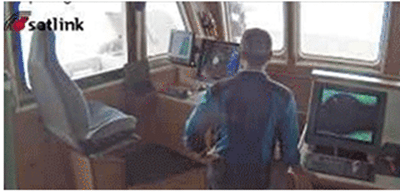
Processes aside, it’s important to recognize the efforts made by the government of Ghana to lead this unique public-private partnership, and to commit to strengthening transparency in their Atlantic fisheries.
We look forward to continuing to work with our project partners to identify and solve the implementation challenges of a project of this size and scope. And, we are anxious to see the ultimate results – the receipt by the Government of Ghana and ICCAT of timely and robust data, and, most importantly, to see that translate into more effective fisheries management. With this information, and more regular dialogue with all regional stakeholders, the data being used in management, enforcement and policymaking will be uniform and the best available. The West African Coast, like other IUU-plagued areas in developing coastal states, is the perfect testing ground for this project. Soon after this trial is over, we are confident we will have made significant progress in helping to prevent IUU fishing and addressing data gaps in Ghana, and in doing so we will have developed a useful case study and protocol to apply in other regions.
